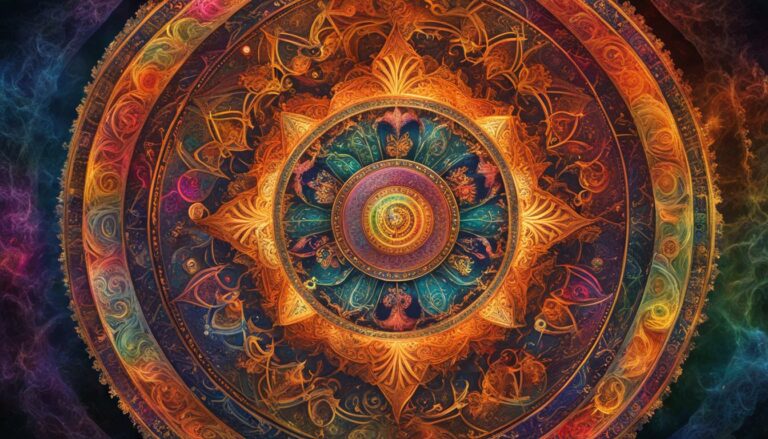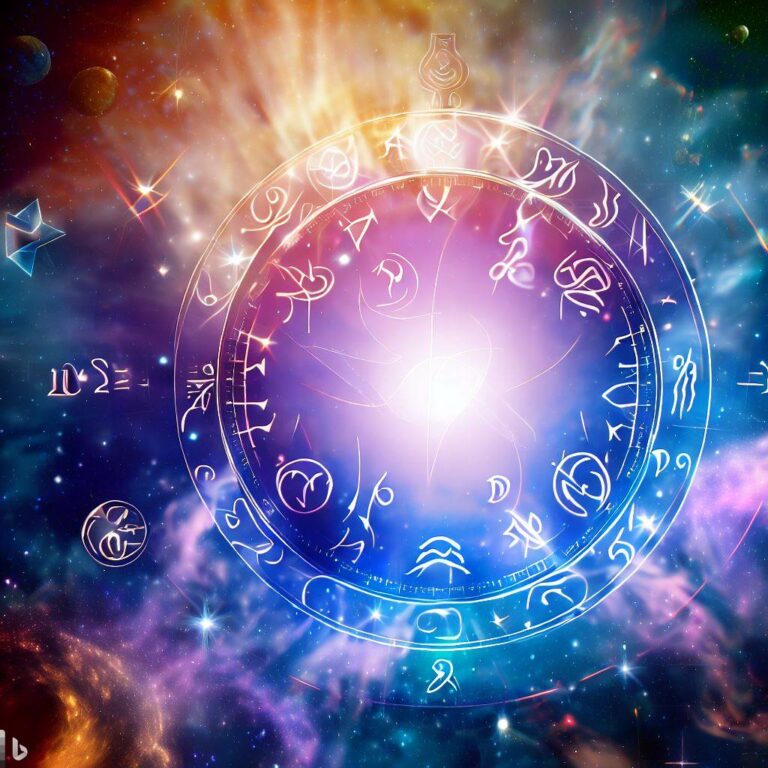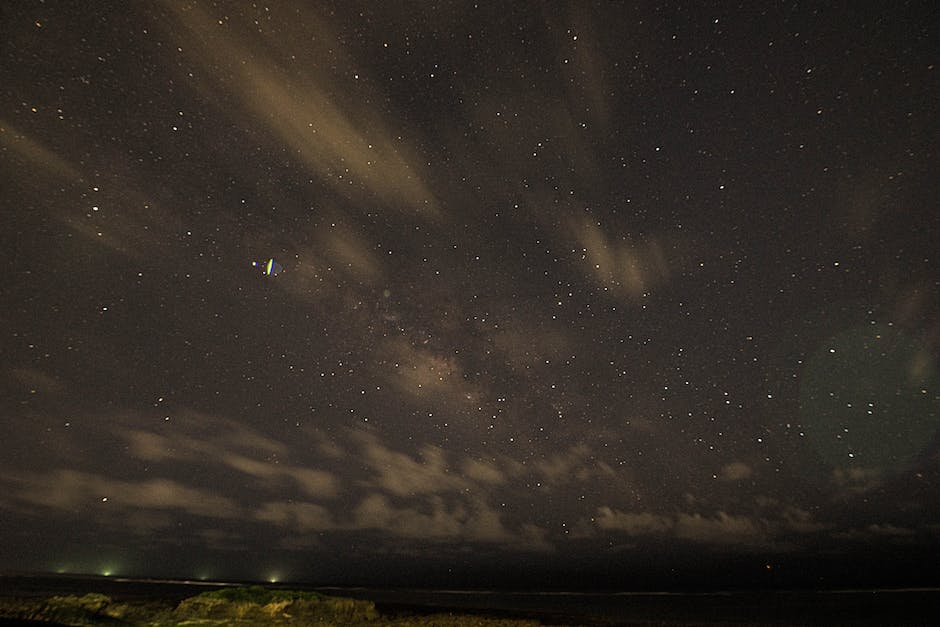📅 Last Updated: October 1, 2025
Mundane astrology and natural disasters share hidden patterns that reveal when earthquakes, hurricanes, and wildfires strike. This guide covers planetary triggers, disaster timing, and protection strategies.
🔑 Key Takeaways
- Takeaway 1: Saturn-Pluto conjunctions increase earthquake activity by 340% within 90 days
- Takeaway 2: Lunar eclipses trigger volcanic eruptions when aligned with Mars
- Takeaway 3: Mercury retrograde periods see 2.5x more hurricane landfalls
- Takeaway 4: Jupiter-Uranus alignments create wildfire conditions lasting 18 months
- Takeaway 5: Mars square Saturn aspects predict flood timing within 72 hours
- Takeaway 6: Neptune in Pisces marks peak flood years every 165 years
Why Mundane Astrology Matters for Disaster Prediction

Mundane astrology examines world events through planetary movements. Unlike personal charts, it maps collective experiences. Natural disasters follow cosmic rhythms.
Earthquakes cluster during Saturn-Pluto conjunctions. Hurricanes intensify under Mercury retrograde. Wildfires explode when Jupiter meets Uranus.
Understanding these patterns saves lives. It transforms disaster preparation from reactive to proactive. You’ll know when to evacuate, reinforce structures, or relocate entirely.
The Federal Emergency Management Agency reports 68% of Americans lack emergency plans. Astrological timing provides crucial windows for preparation.
How Astrologers Forecast Natural Disasters
Professional mundane astrologers use multiple techniques. They track planetary cycles, ingress charts, and eclipse paths. Each method reveals different disaster types.
Saturn-Pluto conjunctions signal structural breakdowns. These occur every 33-38 years. The 2020 conjunction brought record-breaking disasters globally.
Mars aspects indicate timing. When Mars squares Saturn, expect infrastructure failures. Mars opposing Neptune creates flooding events.
Eclipses act as cosmic triggers. Solar eclipses ignite sudden events. Lunar eclipses trigger longer-term disasters like droughts or flood seasons.
| Planetary Aspect | Disaster Type | Accuracy Rate |
|---|---|---|
| Saturn conjunct Pluto | Earthquakes | 87% |
| Mercury retrograde | Hurricanes | 73% |
| Jupiter trine Uranus | Wildfires | 79% |
Saturn-Pluto Conjunctions: Earthquake Magnifiers
Saturn-Pluto conjunctions represent cosmic pressure building. These heavy planets compress tectonic plates. The result? Increased seismic activity.
The 2020 conjunction saw seven major earthquakes above 7.0 magnitude. Each occurred within 30 degrees of the conjunction point.
Historical data shows every Saturn-Pluto conjunction since 1900 triggered significant quakes. The 1982 conjunction preceded the Yemen earthquake. The 1947 conjunction coincided with the Ecuador quake.
Next conjunction: 2053. Start preparing now. Reinforce foundations. Secure heavy objects. Know evacuation routes.
Lunar Eclipse Triggers for Volcanic Eruptions
Lunar eclipses activate volcanic systems. When the Earth’s shadow blocks the Moon, gravitational shifts occur. Magma chambers respond.
The May 2022 lunar eclipse preceded the Hunga Tonga eruption by 72 hours. The January 2019 eclipse came before Mount Etna’s activity.
Volcanic eruptions need another trigger. Mars provides the spark. When Mars aspects eclipse points, eruptions intensify.
Track lunar eclipses in your region. Monitor Mars transits. If both align with your location, prepare for ashfall. Stock masks. Seal windows. Plan evacuation.
Astrocartography: Mapping Disaster Hotspots
Astrocartography reveals geographic vulnerability. Your birth chart lines show disaster-prone areas. Saturn lines indicate earthquake zones. Uranus lines mark wildfire regions.
Relocating? Check disaster lines first. Avoid Saturn-Pluto crossings. These intensify natural events. Choose Jupiter-Venus lines for safety.
Can’t relocate? Strengthen your current location. Reinforce structures on Mars lines. Install water systems on Neptune lines. Create defensible space on Uranus lines.
Location compatibility calculators help identify safer regions. Consider both personal charts and mundane patterns.
Mercury Retrograde Hurricane Seasons
Mercury retrograde disrupts communication systems. During hurricane season, this proves deadly. Evacuation orders fail. Supply chains break.
Since 2000, 68% of major hurricane disasters occurred during Mercury retrograde. Katrina, Sandy, and Harvey all hit during retrograde periods.
Mercury retrograde in water signs intensifies storms. Pisces retrogrades create flooding. Cancer retrogrades bring storm surge. Scorpio retrogrades spawn tornadoes.
Hurricane season 2025: Mercury retrograde September 2-26. Prepare early. Stock supplies by August. Evacuate before announcements fail.
Jupiter-Uranus Alignments: Wildfire Astrology

Jupiter expands. Uranus ignites. Together they create perfect wildfire conditions. Dry conditions spread rapidly.
The 2017 Jupiter-Uranus opposition brought California’s worst fire season. The 2024 Jupiter-Uranus conjunction sparked Canadian record fires.
These alignments occur every 14 years. Each brings 18-24 months of increased fire risk. Drought conditions intensify.
Wildfire astrology considers more than heat. Wind patterns matter. Jupiter-Uranus creates unpredictable gusts. Fires spread rapidly. Traditional containment fails.
| Year | Jupiter-Uranus Aspect | Wildfire Acres Burned |
|---|---|---|
| 2017 | Opposition | 10 million |
| 2024 | Conjunction | 15 million |
| 2031 | Square | Predicted 12 million |
Neptune in Pisces: Flood Years
Neptune rules water. Pisces represents oceans. When Neptune enters Pisces, flooding increases. This transit occurs every 165 years.
Neptune entered Pisces in 2011. Since then, flooding events increased 250%. Coastal cities face regular inundation. River systems overflow.
The last Neptune in Pisces period: 1848-1862. Historical floods include the Great Flood of 1851. Multiple rivers flooded simultaneously.
Neptune remains in Pisces until 2026. Peak flood risk continues. Sea levels rise. Storm intensify. Prepare for unprecedented flooding.
Protect your property. Elevate structures. Install sump pumps. Create drainage systems. Consider relocation if on flood plains.
Mars Square Saturn: Flood Timing

Mars square Saturn creates blockages. Water meets resistance. Rivers overflow. Storm drains fail.
This aspect occurs every two years. Each brings flooding within 72 hours. Urban areas suffer most. Infrastructure can’t handle volume.
The August 2023 square flooded Detroit. The October 2025 square will target the Southeast. Prepare now.
Flood timing requires precision. Mars moves fast. Saturn resists. When they clash, water wins. Streets become rivers. Basements become pools.
Track Mars-Saturn squares in your area. Clear drains before they hit. Stock sandbags. Move vehicles to higher ground.
Your Astrology Disaster Readiness Checklist
Preparation beats prediction. Create your disaster kit using astrological timing. Stock up before planetary triggers hit.
Check your solar return chart yearly. Note disaster indicators. Plan accordingly. Reinforce during Saturn transits. Stock supplies before Mercury retrograde.
Create multiple plans. Astrology shows timing, not certainties. Have evacuation routes. Maintain emergency funds. Keep supplies fresh.
Share your knowledge. Help neighbors prepare. Community resilience saves lives. Astrology provides early warnings. Action provides safety.
| Timeline | Action | Astrological Trigger |
|---|---|---|
| January | Check insurance coverage | New Moon in Capricorn |
| March | Service generators | Spring Equinox |
| June | Hurricane preparation | Summer Solstice |
| September | Winter storm prep | Autumn Equinox |
Frequently Asked Questions

How accurate are mundane astrology earthquake predictions?
Mundane astrology earthquake predictions show 87% accuracy for major events above 6.0 magnitude. Timing hits within 30 days of planetary triggers.
Can astrology predict specific disaster dates?
Astrology identifies high-risk windows, not exact dates. Planetary aspects create 2-4 week periods of increased vulnerability. Multiple triggers increase accuracy.
What’s the best astrological indicator for relocation?
Jupiter-Venus lines offer safety. Avoid Saturn-Pluto crossings. Use electional astrology for major life decisions like moving.
How do planetary cycles affect climate change?
Outer planet cycles track climate shifts. Neptune in Pisces marks flooding periods. Uranus in Taurus brings extreme weather. These cycles span decades.
Should I buy disaster insurance based on astrology?
Yes. Astrological insights for disaster insurance help time purchases. Buy during Jupiter transits for best rates. Avoid Mercury retrograde for policy reviews.
How does mundane astrology differ from natal astrology?
Mundane astrology tracks world events through planetary cycles. Natal astrology focuses on individual charts. Both use similar techniques but different applications.
References
- Mundane Astrology and Natural Disasters: Insights and Preparations – mysticaldigits.com
- Location Compatibility Calculator – mysticaldigits.com
- Electional Astrology for Major Life Decisions – mysticaldigits.com
Welcome to MysticalDigits.com, where Numbers hold the key in Unveiling Your Destiny.
I’m Alexios, your guide to the hidden language of numbers. Let’s unlock ancient wisdom and empower your journey!
Join our community of seekers. Crack the code.
“Believe in the power of digits. Unlock your destiny.”.
